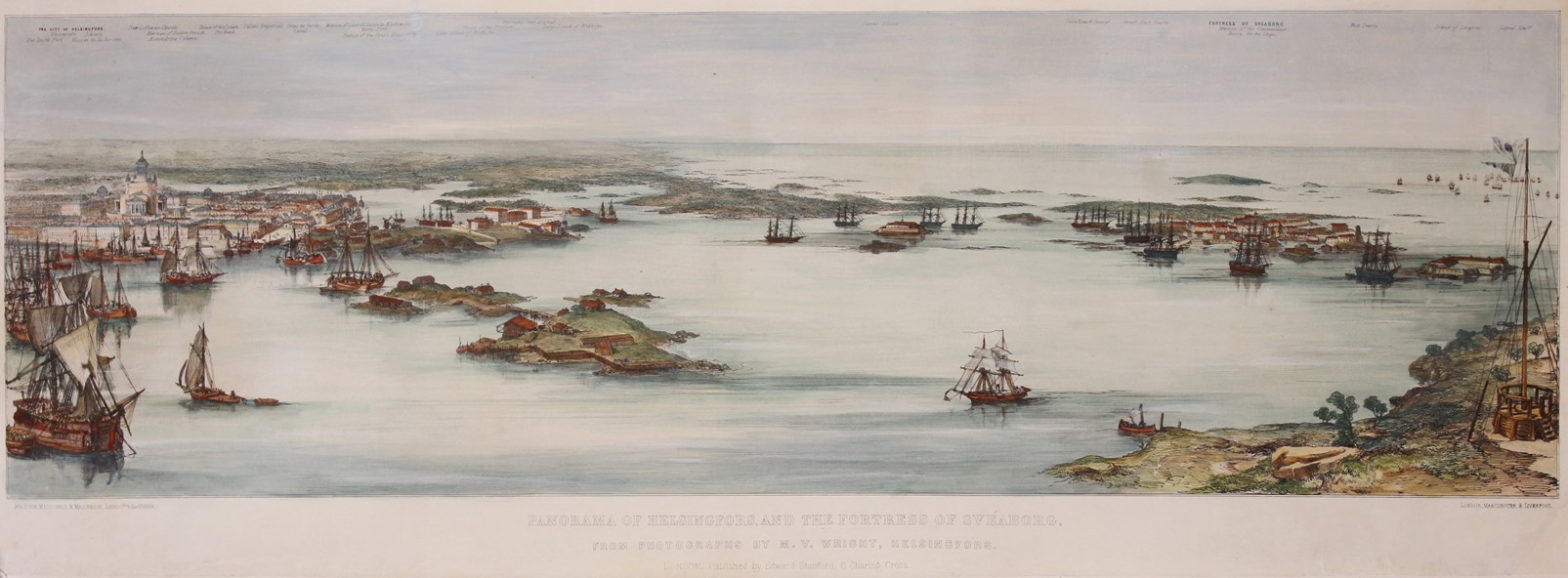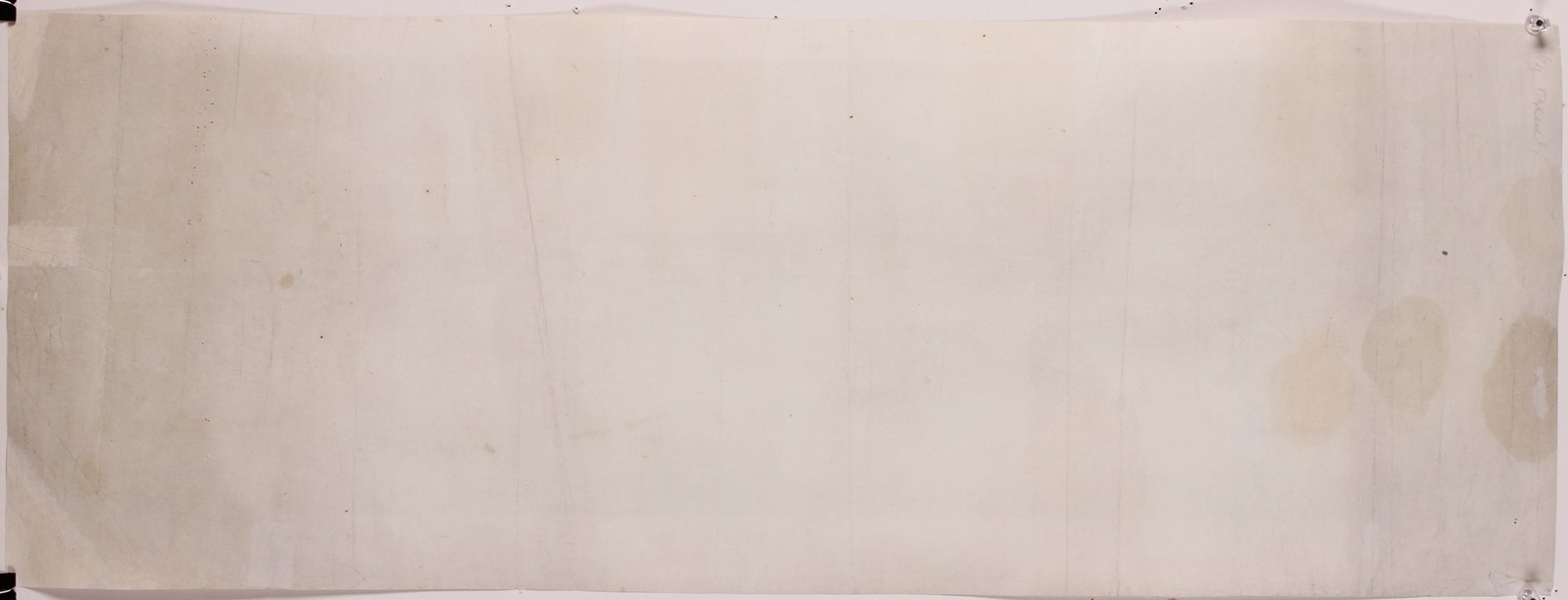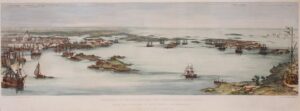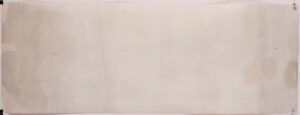“Panorama of Helsingfors and the Fortress of Svéaborg”, lithograph made by Maclure, MacDonald & MacGregor after photographs by M.V. Wright, published in London c. 1860 by Edward Stanford. Coloured by a later hand. Size: approx. 25,5 x 68,5 cm.
Wonderful rare view of Helsinki from the time that the Grand Duchy of Finland was (an autonomous) part of the Russian Empire (1809-1917).
Russian Emperor Alexander I of Russia moved the Finnish capital from Turku to Helsinki in 1812 to reduce Swedish influence in Finland, and to bring the capital closer to Saint Petersburg. Following the Great Fire of Turku in 1827, the Royal Academy of Turku, which at the time was the country’s only university, was also relocated to Helsinki and eventually became the modern University of Helsinki. The move consolidated the city’s new role and helped set it on a path of continuous growth. The neoclassical architecture of the time (still visible in today’s downtown area), mostly planned by the German-born architect Carl Ludvig Engel, was to resemble Saint Petersburg.
From left to right we see: the university, the South Harbour (Eteläsatama), National Library, Maison de la Societé, Helsinki Cathedral, Statue of Emperor Alexander II of Russia, Houses of Parliament, The Bank, Imperial Palace, House of Nobility (Ritarihuone), House of the Guards (Päävartio), The Canal (Katajanokan kanava), the mansion of General Otto Wilhelm Klinckowström, the North Harbour with the station of the Finnish ships of war, the Blekholm Islands (Valkosaari), the provincial prison and the barracks and arsenal, Lonna island, Gustafssvärd passage, East Svarto island, Fortress of Sveaborg (Suomenlinna) and West Svarto island.
Price: Euro 975,-





